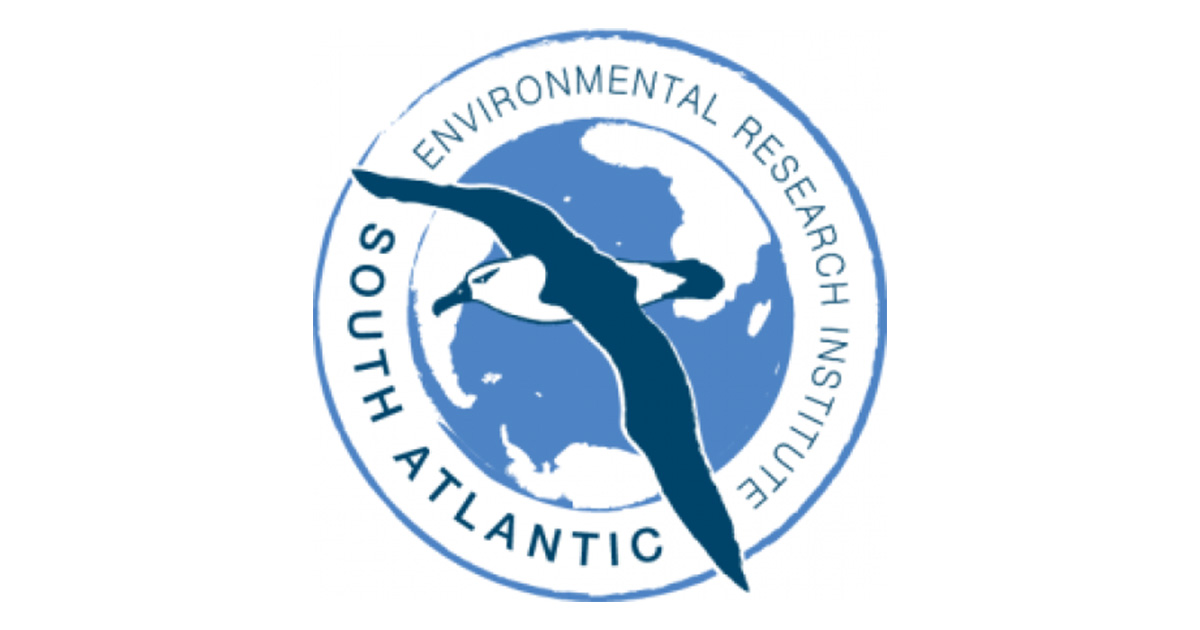South Atlantic Environmental Research Institute (SAERI) is recruiting a MARINE MAMMAL SCIENTIST (pinniped bycatch) to support the co-ordination and delivery of a Darwin Initiative funded project.
This 2.5-year role will work in partnership with the Falkland Islands Government and Falkland Islands Fishing Companies Association (FIFCA) to understand the factors that have led to an increase in seal-fishery interaction and provide baseline data and guidance to align current management objectives and actions, into action plans supporting Fisheries and Ocean governance.
The Falkland Islands are home to globally significant populations of seals and seabirds, including >50% of the global population of South American fur seals. Seal bycatch and seal-fishery interactions have historically been low. However, in 2017 seal-fishery interactions increased by 400%. The introduction of SEDs reduced seal mortality to negligible levels, but the seal bycatch issue continues to evolve. This project will better understand seal-fishery interactions and produce recommendations and guidance, which will help align current long-term management objectives and actions into action plans that support Fisheries and Oceans Governance. The project is in partnership with DNR-Fisheries and the fishing industry, and the Marine Mammal Scientist will be required to work closely with DNR-Fisheries and industry (FIFCA).
The project involves five key work packages:
Work Package (WP) 1 – Trial and deploy net cameras
Trialing net cameras and quantify the depth and frequency of net entry by seals, seal behaviour, and interactions with SEDs OR SED efficiency. Net camera trials will be led by a specialist (to be recruited), but the Marine Mammal Scientist will need to help support the roll out of net cameras on vessels, in coordination with project partners from government and industry. Note that this does not necessarily require time at sea.
WP2 – Occurrence of interactions in space and time
To better understand occurrence of interactions we will: (1) track seal movements using satellite tags to understand behaviour and quantify spatial and temporal overlap with fisheries. (2) Determine whether seals are following vessels and are habituated to net feeding or whether interactions are driven by proximity to seal colonies.
WP3 - Factors that predict and increase bycatch risk
Working with DNR-Fisheries, develop mathematical models that combine observer data and tracking data (see WP 2) with environmental and operational data to quantify which variables explain and predict seal-fishery interactions. Provide recommendations on how findings can support and inform management.
WP4 – Trophodynamic model and trophic changes over time
Use information on the distribution, abundance, and diet of fin-fish, squid and seals to better understand their ecological roles and the importance of commercial caught species in seal diet. Recognizing limited dietary data exists for seals, we will work with our established network to enhance knowledge contemporary diet (e.g., DNA analysis of scats, compound specific stable isotope analysis using an existing seal tooth collection to understand dietary changes over time).
WP5 – Stakeholder engagement
Two stakeholder workshops (with DNR-Fisheries and industry) will be held to disseminate project findings and produce recommendations and guidance for management and conservation measures, including how to advance recommendations agreed. These recommendations will be submitted to DNR-Fisheries for consideration.
As Marine Mammal Scientist, the ideal candidate will:
- Work with partners to ensure the project is delivered on time and on budget
- Providing the science-policy interface for the project, interpreting the science so that the evidence is meaningful from a management perspective, which will enable recommendations
- Form and administer the Project Management Group (PMG). The PMG comprises the main stakeholders and partners who will oversee the delivery of the project and indeed work closely with the Marine Mammal Scientist.
- In partnership with the project partners manage workshops and stakeholder engagement
- In collaboration with FIG’s Fisheries Department support a camera Technician/Specialist (also being recruited) to roll-out of net cameras
- Support the deployment of biologging tags on seals
- Develop an ecosystem model for the Falkland Islands
- Deliver mandated reports to the donor
- Ensure media and outreach regarding the project is current and frequent in collaboration with SAERI policy and administrative staff
- Publish peer reviewed papers
Essential Education and Training
- PhD (or equivalent) in Marine Sciences, marine ecology, mathematical ecology or related field
- Experience working in marine ecology, OR a field with transferable skills
Salary: Grade D2, starting at £38,288
Location: Stanley, Falkland Islands
Period: 2.5 Year Fixed Term






